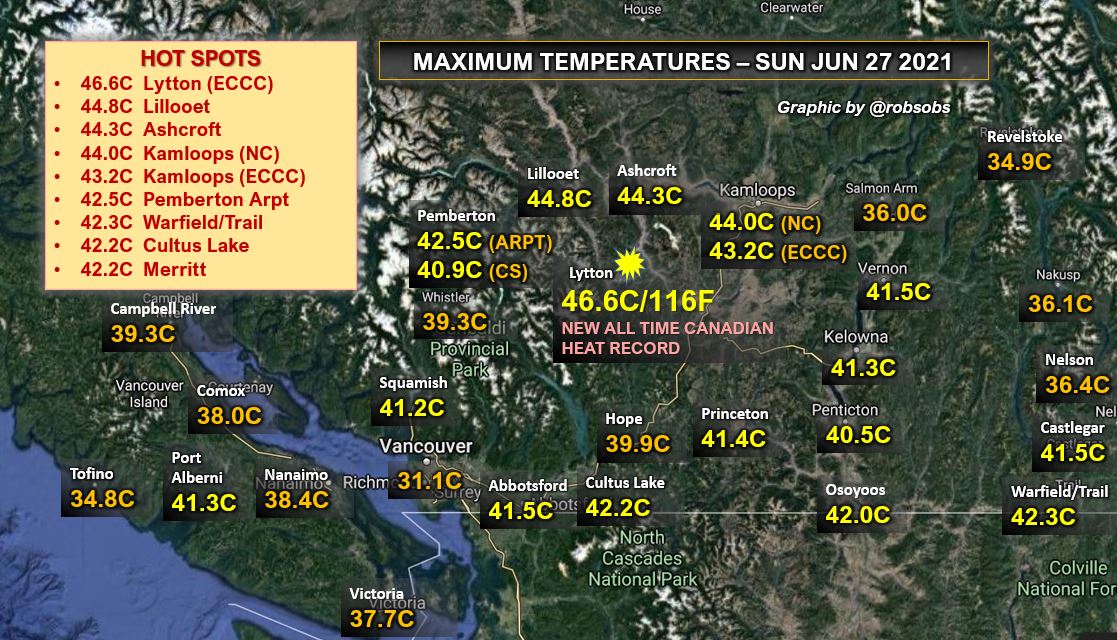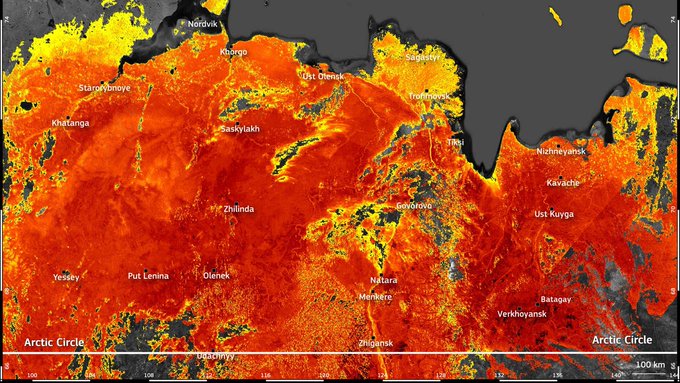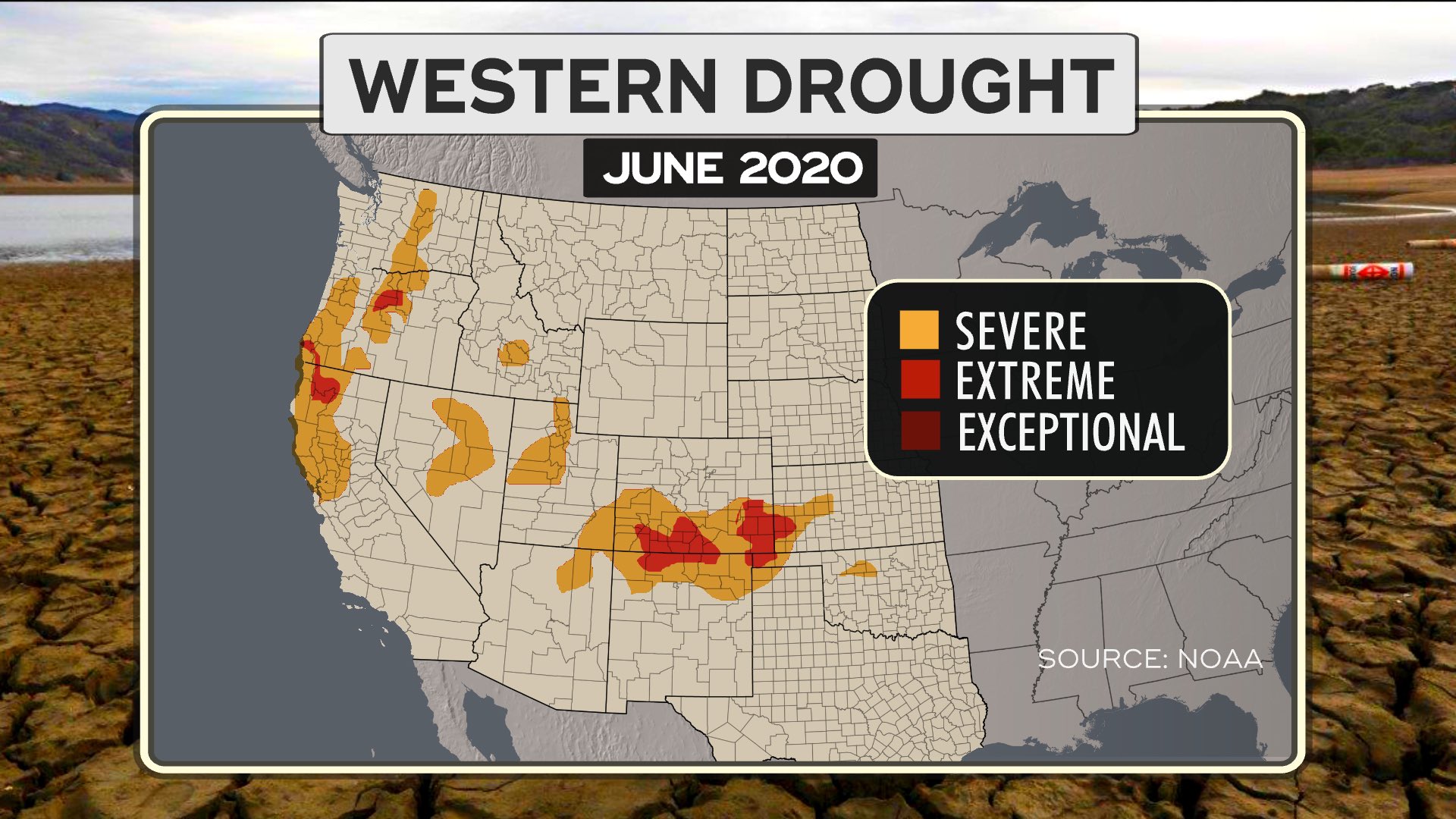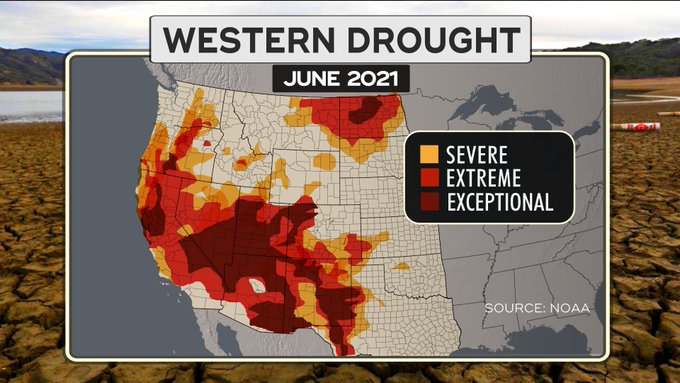I’ve been talking about methane release from the permafrost (and perhaps arctic) for a long time now. Back in 2013 I wrote:
Various processes are past the point of no return; we are going to see huge methane releases from Russia, for example. We are going to have worse global warming than the worst mainstream predictions.
Climate change will continue to present itself as more and worse extreme weather events, like the nasty hurricanes we’ve been seeing hitting further and further north. We are going to also see changes in rainfall patterns; these will continue to devastate agriculture.
Back in 2013, in theory we could have stopped this, but in practice we weren’t going to because none of the major governments then or now was going to do what it took. In fact, Barack Obama was busy increasing oil production, much of it thru fracking, as fast as he could, as deliberate policy.
“I know we’re in oil country and we need American energy.”
“You wouldn’t always know it ,but it went up every year I was president,” he said to applause. “That whole, suddenly America’s like the biggest oil producer and the biggest gas that was me, people.”
Obama: “Suddenly America is the largest oil producer, that was me people … say thank you.”
The irony here is that he said this just after saying how proud he was of the Paris climate accords, which while they had “targets” had no enforcement mechanism and which EVERYONE with any sense had to know were a dead letter, even if they had been adequate, which they weren’t.
Back to the methane. Every time I talked about this people would tell me I was full of shit, the science didn’t support it, etc… I know it’s considered in bad taste to mention this, but they were wrong, and I was right:
Siberia's Batagaika Crater is largest permafrost crater in the world: 1km long, caused by a warming climate, releasing methane
50% of Earth’s methane is stored in Northern Hemisphere permafrost which is melting at levels not expected until 2090, 150 to 240% above historic levels pic.twitter.com/dZUd7A1m1u
— Assaad Razzouk (@AssaadRazzouk) October 3, 2021
Now, here’s the important thing. Humans have driven climate change BUT there is a point at which we will no longer be doing so. While the number includes underwater methane as well, there is effectively more carbon in permafrost than in the atmosphere.
The more methane and carbon released, the higher temperatures in the arctic are and thus the more carbon and methane is released.
At that point (and it’s not the only feedback cycle, the Amazon is now releasing carbon, not sinking it) humans are no longer in primary control of climate change: the upward spiral takes over. There will be a new equilibrium point, but we don’t know what it is. We can guess, from previous geological eras, but none of that news is good news.
Will humanity survive? Probably. Will civilization as we know it survive? No. We may have an advanced technological society at the other end, but it will look a lot of different from what we have today, and there are good odds of a long decline with most people dropping out of hi-tech society. At the least we can expect mass migrations of literally billions of people, and (while it’s a guess) a drop in world population by half to 80% or so. Extreme climate change will drop the carrying capacity of our world significantly.
The last real chance to mitigate this passed when American and British elites colluded to destroy any chance of either Bernie Sanders of Jeremy Corbyn running America or Britain. By the time we have another shot at non psychopathic leaders (yes, Biden is a psychopath, based on his actions over his lifetime and so is Johnson) it will literally be too late.
But then, it was too late back in 2013, really, because the politics are what they are. It’s hard to overstate just how hard elites came out against Sanders (every candidate dropping out at the same time, except Biden/Sanders) or Corbyn (lying about him over 80% of the time and smearing him as anti-semite when he’s been an anti-racism campaigner all his life and would be the first to die to stop a new Holocaust.)
Our elites are, functionally, psychopaths. They aren’t, mostly, stupid (though some are deficient, like Bush Jr. and Biden (senile) and Johnson), but many are quite smart (Clinton and Obama were both borderline geniuses.) They just don’t care. They don’t believe that they will personally be effected by severe climate change (remember, they’re OLD) and to the extent they care about their children, they figure money and power will obtain protection. As for you and your children, you matter not at all. You are sheep, to be shorn while your continued living is beneficial to them, and culled when you no longer produce.
Meanwhile, permafrost methane release is real, it’s happening NOW not it in 2090, and it’s going to get worse.
I have been writing about this over and over again, not because I expect to change public policy, I don’t. I am writing about it so that those who read me know what is happening with sufficient warning to take steps to protect themselves and others they care about, to whatever extent they can. For many, who have few resources, there may be little they can do, but almost everyone can do something.
Winter isn’t coming. Summer is. And we are not going to like it.
(My writing helps pay my rent and buys me food. So please consider subscribing or donating if you like my writing.)




